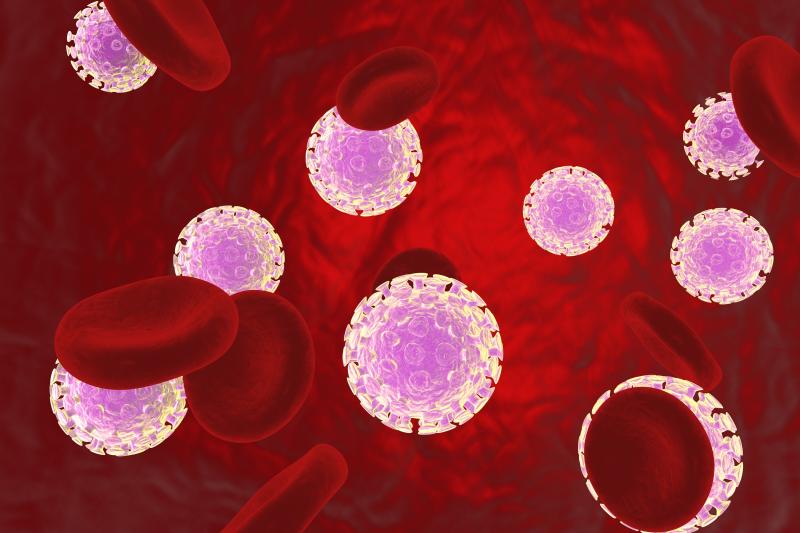
Using sofosbuvir (SOF)-based direct antiviral agents (DAAs) may accelerate the decline of estimated glomerular filtration rate (eGFR) in patients with chronic hepatitis C virus (HCV) infections, reports a new study.
Researchers prospectively assessed 481 HCV patients with compensated liver diseases. EGFR was ≥30 mL/min/1.73m2 at baseline, and its change over time was assessed until off-therapy week 24 using the Chronic Kidney Disease Epidemiology Collaboration (CKD-EPI) equation.
Most of the participants were on SOF-based DAAs (n=308; mean age, 55±14 years; 58 percent male), while the rest were receiving SOF-free therapies (n=173; mean age, 59±12 years; 52 percent male). Baseline eGFR and CKD stages were comparable between treatment groups.
Patients on SOF-based DAAs saw more significant eGFR declines from baseline to on-treatment week 12 than their counterparts on SOF-free treatments (p<0.001). This trend persisted until off-therapy week 24 (p=0.001).
Multivariate analysis found that from baseline to off-treatment week 24, the use of SOF-based DAAs led to an adjusted eGFR slope coefficient difference of –0.33 mL/min/1.73m2/month (95 percent confidence interval [CI], –0.49 to –0.17; p<0.001).
Breaking it down further, the researchers saw that eGFR declined during SOF-based DAA treatment (slope coefficient difference, –1.24 mL/min/1.73m2/month, 95 percent CI, –1.35 to –1.13; p<0.001) and recovered off-treatment (slope coefficient difference, 0.33 mL/min/1.73m2/month, 95 percent CI, 0.26 to 0.40; p<0.001).
“By repeated eGFR assessment, we found that patients receiving SOF-based DAAs had a quadratic trend with on-treatment worsening and off-therapy improving eGFR,” the researchers said.